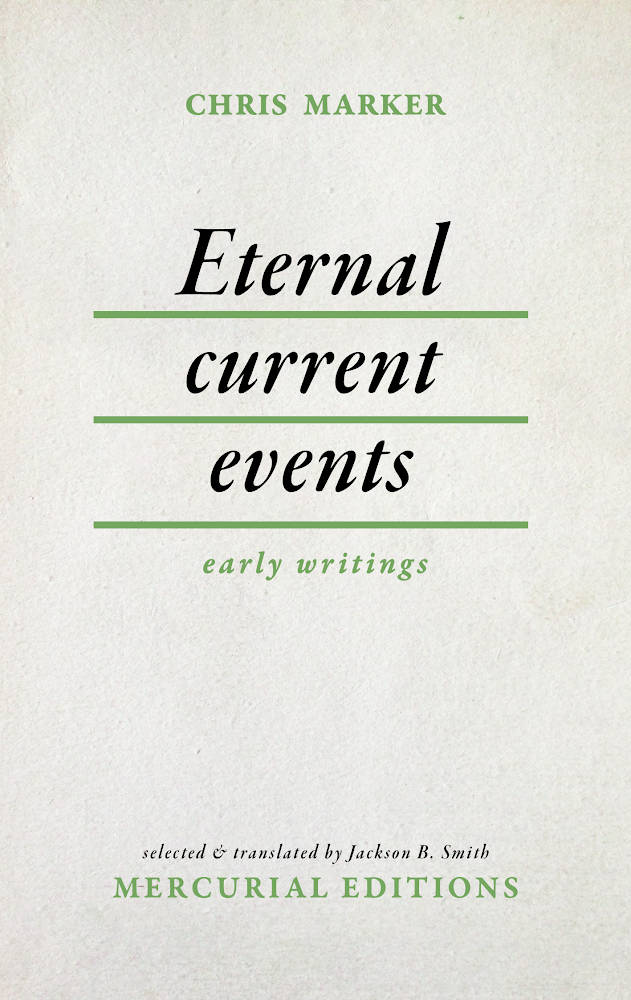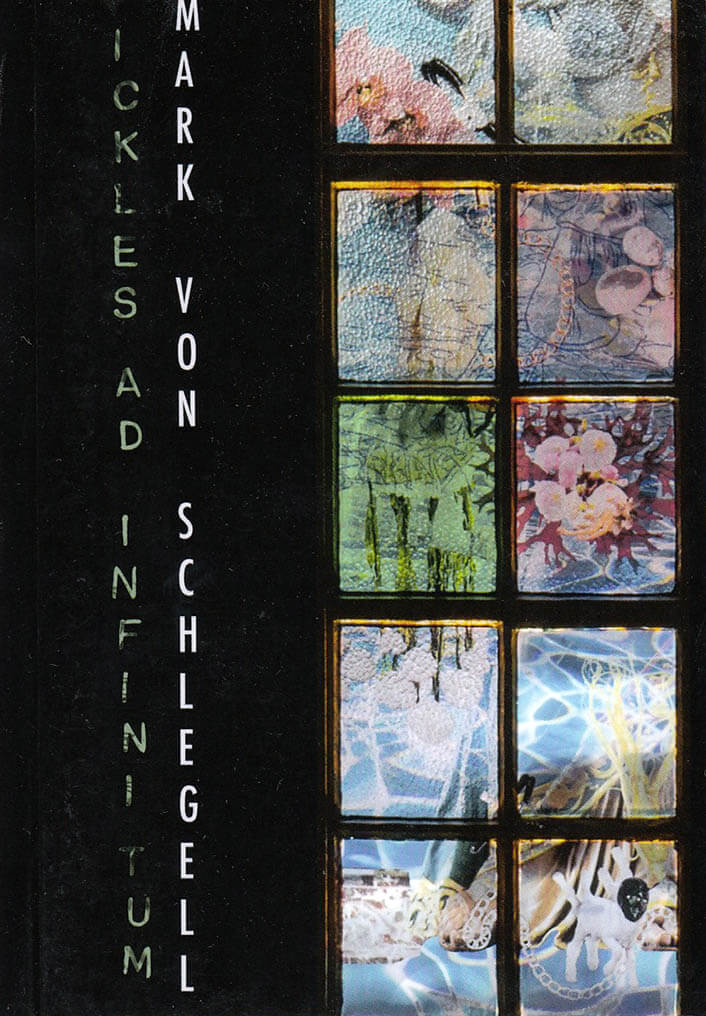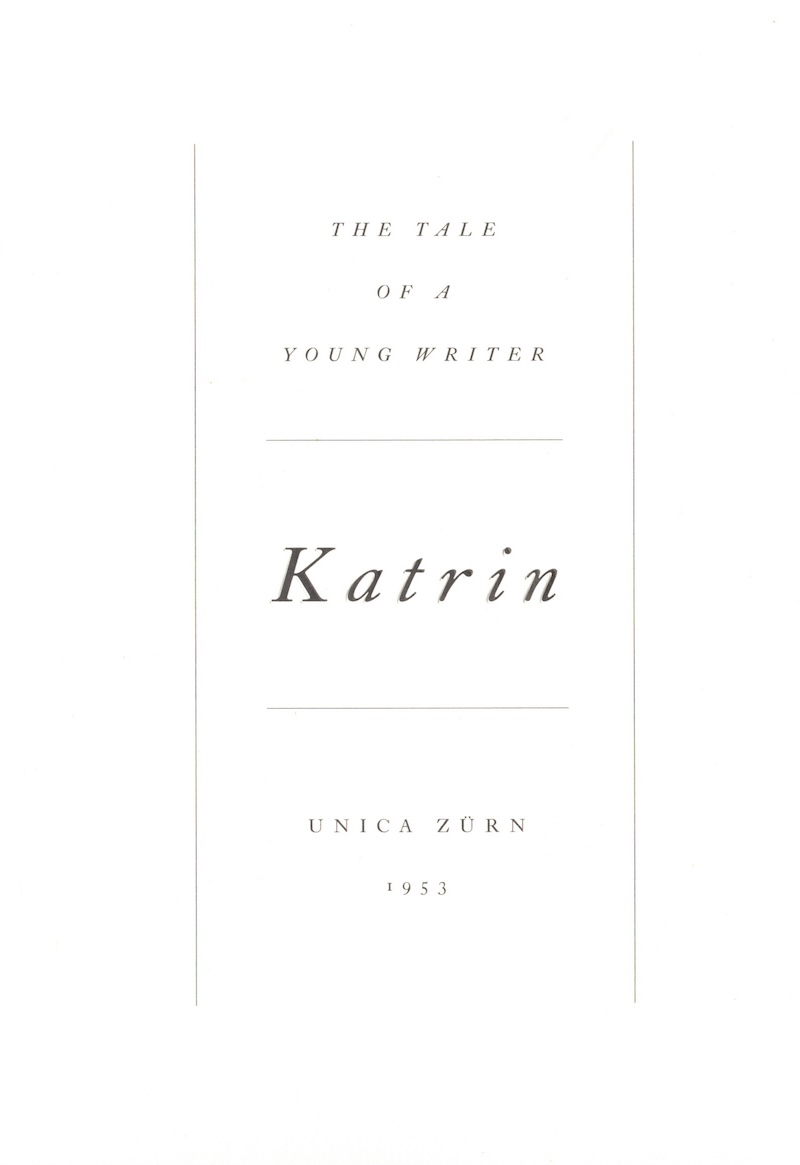
The queen's ball
The Queen’s Ball ingests taboo as fuel for a baroque and spiraling story of love in its most prismatic and absurd iterations. Through frightening distortions and hallucinogenic twists of fate, a demented circus of artists, writers, gender-hustling aesthetes, and religious fanatics collude in a glorious discombobulation of propriety and convention. I have never laughed this much at a novel that could somehow shock even the most irreverent of libertines, demanding, at times, absolute disgust. Truly nasty work. Iconic. —Juliana Huxtable
Translated by Kit Schluter
Afterword and notes by Thibaud Croisy, translated by Olivia Baes
Set among the flamboyant demi-monde of the 1970s Paris underground, The Queens’ Ball follows the narrator Copi in his attempt to write a novel as life comes undone around him. His Roman lover Pietro is stolen by a Marilyn Monroe impersonator whose coterie take up residence in Copi’s flat and pump out low-budget pornographic rags and films. His friends leave him, burnt out from the theatrical excess of the decade. And worst of all his editor keeps calling him, demanding to know where the book is. Propelled by Copi’s careening prose and incisive humor, The Queens’ Ball swerves from Paris to Ibiza to New York and back again in a whirlwind frenzy of love, loss, and madness. Featuring an illuminating critical appendix by Copi’s current French editor, Thibaud Croisy, Kit Schluter’s rhapsodic translation marks the début of Copi’s world-renowned fiction in English.
The Queen’s Ball is a heedless novel of transformation of bodies and tenses, a novel of enormity and loss which is, in the end, about writing a novel. Copi is a feckless romantic-his theme is the persistence of love in the phantasmagoria. His tender psychos hurtle through increasingly outré adventures that seem to expand and contract like accordions. Here is crime à la française. Here is a great queen’s verbal aggression, radiant detail, and joyous destructive energy. —Robert Glück
The Queens’ Ball is probably Copi’s masterpiece... By 1978, Copi was already an aesthetic: The Queens’ Ball was the magnet, the inverted whirlpool that brought that aesthetic to the surface. —César Aira
Language: English







